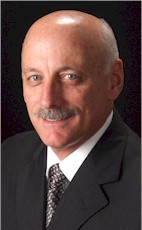
With the unemployment rate at its lowest level in decades (3.7%), what has always been a perennial problem for human resource professionals - labor shortage - is now reaching acute levels of concern. It is getting harder to find and recruit qualified applicants. Even finding candidates with the skills to succeed in entry-level positions has become an issue. In addition, employee turnover rates remain extremely high in the hotel industry. As a result of these problems, hotel HR managers are having to rethink their recruitment strategies in order to hire the right talent for the right job. First, hotels have been forced to raise their wages and offer other appealing perks, as a way to attract qualified candidates. Secondly, HR managers are reassessing their interviewing techniques, focusing less on the answers they receive to questions and more on observable behavior. Part of this process includes role-playing during the interview, so that the recruiter can gauge how a candidate works through specific problems and interacts with other team members. Additionally, some HR managers are also creating internal talent pools as a way to address labor shortages. Instead of utilizing department resources to find new hires with specific skills for needed positions, hotels are cultivating talent pools internally and preparing their employees to assume leadership roles whenever the time comes. They are also placing greater emphasis on a company culture that is more performance-based, as a way to curb employee turnover, increase employee satisfaction, and assure higher levels of customer service. Finally, recognizing the importance of employee retention as a way to lessen the impact of a tight labor market, some HR managers are instituting generous reward programs in order to retain their top performers. The March Hotel Business Review will explore what some HR professionals are doing to address these and other issues in their departments.








































